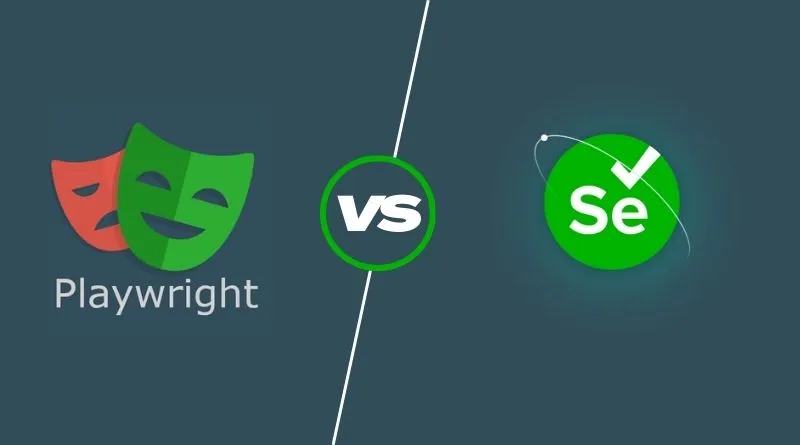Automating tests is essential for identifying errors fast and guaranteeing the quality of software. Two well-liked open-source tools for automating tests are Selenium and Playwright. Both have distinct strengths, yet they can both automate testing of web browsers.
To assist you decide which is ideal for your requirements, we’ll evaluate Playwright vs. Selenium across a number of important criteria in this post.
Browser Support
Support for different browsers is important. Selenium is compatible with IE, Safari, Firefox, and Chrome. The official browsers supported by Playwright are WebKit, Firefox, and Chrome.
Playwright is relatively recent and is continuously growing, whereas Selenium has better established browser compatibility. But because Playwright was developed by the Google Chrome team, its Chromium compatibility is quite robust.
It is recommended to use Selenium for cross-browser testing. However, Playwright is an excellent choice if you mostly use browsers that are built on Chromium.
Language and Tool Support
Many languages, including Java, C#, Python, JavaScript, Ruby, PHP, and Perl, are supported by Selenium. Official libraries for Python, JavaScript, TypeScript,.NET, and Java are available from Playwright.
Selenium integrates nicely with tools in terms of tooling. Playwright has plugins for Mocha and Cucumber in addition to built-in support for Jest.
Selenium often offers more support for tool integration and languages. However, Playwright covers the most popular frameworks and languages.
Capabilities
Clicks, text entry, and navigation are among the user actions that may be simulated using Playwright and Selenium. They support features including taking pictures, making network queries, and more.
Some differentiating capabilities:
- Playwright comes with built-in functionality for creating HAR files, PDFs, and testing APIs. Selenium needs different equipment.
- Playwright supports webviews for native mobile app testing. Web browsers are the primary focus of Selenium.
- The built-in support for action chaining, mocks, viewport setting, and other features is better in Playwright. It can need extra code work to use Selenium.
- Stability and Dependability
- Selenium offers dependable, consistent automation support for a large variety of browsers. However, in particular circumstances, the asynchronous execution architecture may make test scripting difficult.
Playwright’s API is synchronous, less complicated, and doesn’t use callback pyramids. Compared to the more experienced Selenium, the tool may have some stability problems because it is very young.
Both tools provide dependable automation overall. But after many years of use, selenium has established its worth.
User Community
Selenium’s Google Group forum boasts over 160,000 members, indicating a very vibrant and active user base. Since Playwright is more recent, its user base is continually expanding.
Selenium offers unrivaled community support for addressing difficulties that come up during testing. The playwright community is growing, although it is still quite tiny.
ALSO READ:
Conclusion
With extensive browser coverage, widespread language support, and a sizable user base, Selenium is the more well-established option. However, Playwright offers new features including improved API design, PDF production, and native mobile testing.
For companies who are already utilizing Python, C#, JavaScript/TypeScript, and Chromium, Playwright makes sense. Selenium is superior at supporting legacy applications, using community expertise, and doing cross-browser testing. Which tool makes the most sense will depend on factors like necessary browsers, teamwork abilities, and the application being tested.
Playwright and Selenium are both excellent options for test automation. Determining the critical elements related to browser, language, tools, and capability support will aid in selecting the best option.


